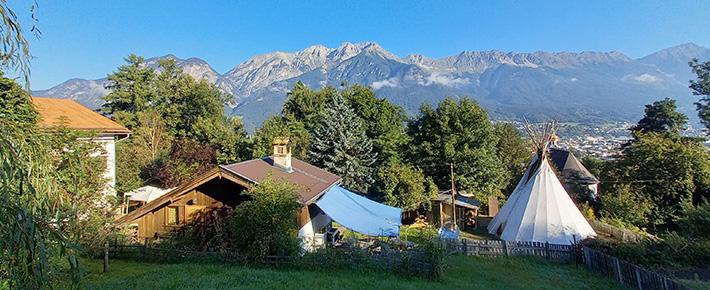Bertha von Suttner Private University
Bertha von Suttner Private University
Bertha von Suttner Private University is an active place for a new style of teaching and research. It synergistically connects social and economic sciences and educates students with a holistic understanding of the common good. We understand the current challenges of global change as a responsibility and an opportunity to make our society open, cooperative and prepared for the future.
The private university accredited in St. Pölten in 2018 sees itself as a development area for the society of the future. As a modern, open university, it creates a special culture for new learning, teaching and research. With its departments of psychotherapy, human sciences and economics, it places people at the centre of all considerations and activities. The private university is owned 50 % by the ÖAGG and 50 % by the Hochschulen-Holdinggesellschaft, a 100 % subsidiary of the city of St. Pölten. Bertha von Suttner Private University combines practical relevance with renowned academic education, where the challenges of global change are seen as both a responsibility and an opportunity to make our society open, cooperative and prepared for the future.
Human-centered digitisation
Dynamic digitisation and our rapidly growing knowledge are elements of change. This entails major challenges for individuals, groups and organisations as well as society. Bertha von Suttner Private University pursues these complex relationships and dynamics in research and teaching with the aim of comprehensively and holistically understanding them and contributing to the awareness that we shape our coexistence through our media. Graduates should be able to actively contribute to these design processes.
Interdisciplinary learning, research & practice
Economic and technological skills are conveyed with excellence at Bertha von Suttner Private University in courses focused on skills for personal development, strengthening one's own judgement, and strategies for interaction with individuals, teams and organisations from different cultures. These skills are tested in real settings so students can always perform with confidence. Interactive, performative learning situations support this as do internships that are firmly anchored in the curriculum. In the curriculum, e-learning alternates with face-to-face events in deliberately small groups with close support, which guarantees deeper understanding and immediate implementation. Our research evaluates the impact of the specific project work in the practical world.


